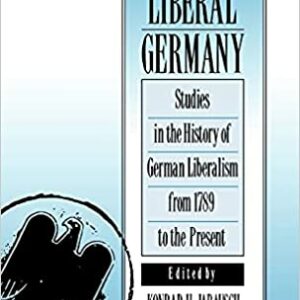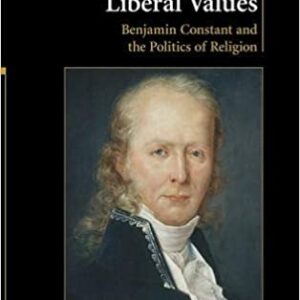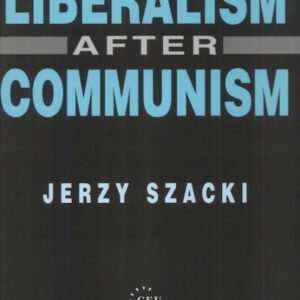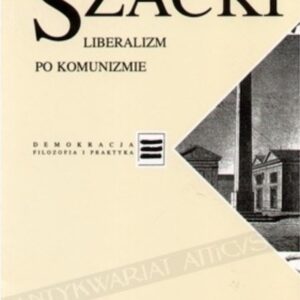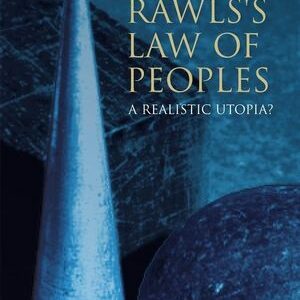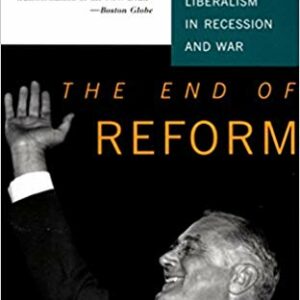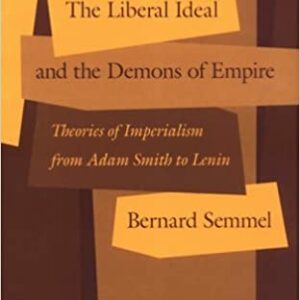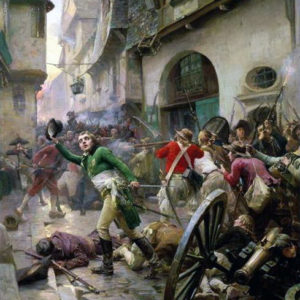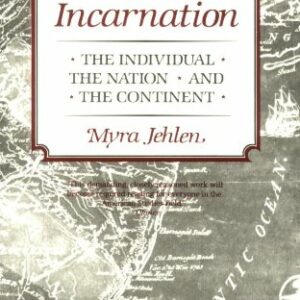
American Incarnation: The Individual, the Nation, and the Continent
By Myra Jehlen (NHC Fellow, 1985–86) In exploring the origins and character of the American liberal tradition, Myra Jehlen begins with the proposition that the decisive factor that shaped the European settlers’ idea of “America” or the “American” was material rather than conceptual—it was the physical fact of the land. European settlers came to a continent on … Continued
